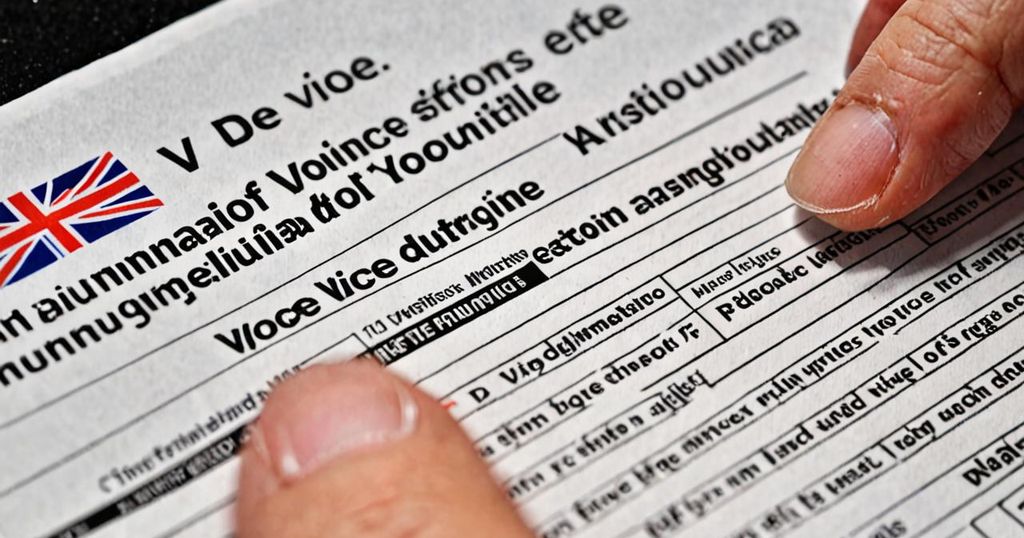As Australia prepares for a pivotal vote on whether to establish ‘a voice’ for indigenous citizens in the constitution, the referendum has sparked misunderstandings within the Malaysian community. Misconceptions have resulted in some individuals of Malaysian descent erroneously drawing parallels between the referendum and Malaysia’s past nativist policies.
Set for October 14, the referendum aims to establish a representative body that will offer advisory input to Canberra in order to establish ‘a voice’ for Australia’s Aboriginal and Torres Strait Islander people. However, the campaign has encountered opposition and bewilderment, particularly within the Malaysian community, where inaccurate comparisons with Malaysia’s historical policies have arisen.
Teik Hock Lim, a retiree of Malaysian-Chinese origin residing in Sydney, expressed dismay after overhearing fellow Malaysian-Chinese individuals criticizing the referendum for relegating them to “second-class” citizens, drawing parallels to their experiences in Malaysia. Nevertheless, experts have stressed the inaccuracy of such comparisons.
Yeow Tong Chia, president of MASSA, pointed out that the referendum and the situation in Malaysia are fundamentally different, as bumiputras in Malaysia hold political power, which is not the case for Australia’s indigenous people. He underscored the necessity for awareness about the historical suffering and dispossession experienced by the first nations people in Australia.
Research has indicated that indigenous Australians face disproportionate levels of disadvantage, stemming from the intergenerational trauma caused by centuries of colonization, systemic segregation, and cultural genocide. The “Uluru Statement from the Heart”, which emerged in 2017, called for recognition of indigenous rights through the Voice, outlining the deep-seated issue of powerlessness experienced by indigenous communities.
Leading up to the referendum, campaigns advocating for a ‘no’ vote have surfaced, with some arguing that the proposed constitutional change would create division and afford special rights to certain groups of Australians. However, legal and constitutional experts have refuted these claims, maintaining that the referendum does not undermine the equality enshrined in Australia’s constitution.
While the ‘no’ campaign has gained traction through social media and word of mouth, there has also been a concerted effort to educate the Malaysian-Australian community about the referendum and dispel any misinformation surrounding the issue. Community leaders have organized information sessions to provide clarity on the matter and to address concerns stemming from past experiences in Malaysia.
As the referendum approaches, it is evident that there is a need for open dialogue and informed discussions to ensure that all members of the community, including those of Malaysian descent, are equipped with accurate information and a nuanced understanding of the historical and social significance of the referendum for Australia’s first peoples.

Leave a Reply